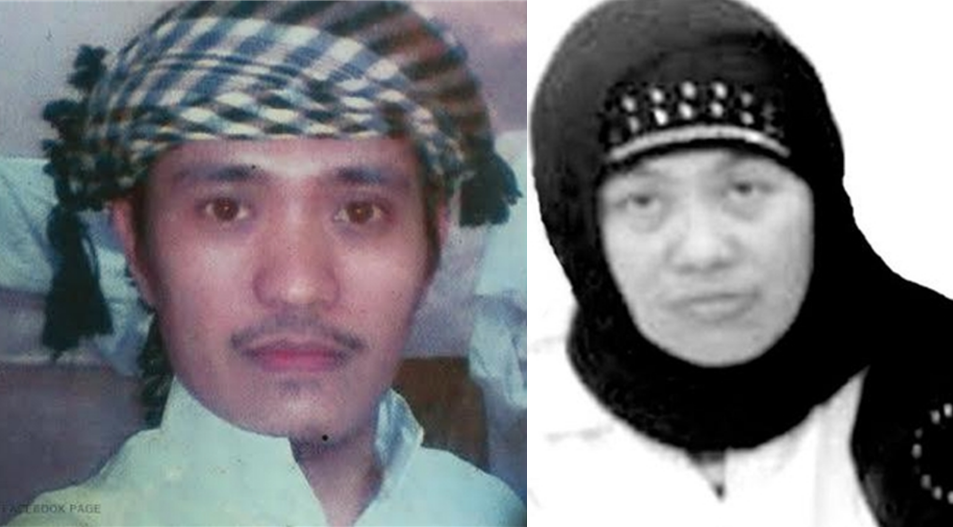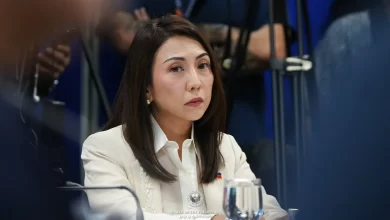The Commission on Audit is demanding for the return of the Php44.8 million unused blood money supposedly for the executed overseas Filipino workers (OFWs) in Middle East in 2015 and 2017.
In COA’s 2017 report for the Department of Foreign Affairs, it noted that the Philippine Embassy in Riyadh allocated blood money of P21,163,445.73 and P23,727,868.65 to save the lives of OFWs Joselito Zapanta and Jakatia Pawa who were in death row in Saudi Arabia and Kuwait, reported Manila Bulletin.
The Philippine government deposited the blood money to be given to the families of the OFWs’ victims to be forgiven for their crimes.
Despite this effort, Zapanta was beheaded in 2015 while Pawa was hanged in 2017.
“With the execution of the two OFWs, the intended purpose of the blood monies could no longer be served,” the report noted.
COA recommended to “return the unused blood monies” by remitting it to the National Treasury.
Death of two OFWs
Zapanta worked as a construction worker before he was convicted of robbery and murder of his Sudanese landlord in Saudi Arabia in 2009.
The Sudanese’s family refused to sign an Affidavit of Forgiveness or Tanazul in exchange for blood money.
Zapanta’s body was not repatriated to the Philippines as per Saudi Arabian law, bodies of those who were executed must be buried immediately.
Reports state that the government failed to satisfy the P48 million blood money that the Riyadh court demanded to save Zapanta’s life.
He was beheaded on December 29, 2015.
Meanwhile, Pawa worked as a domestic helper in Kuwait. She was arrested for stabbing her employer’s daughter which resulted to the latter’s death.
Pawa maintained her innocence until her hanging on January 25, 2017 and DNA found on the murder weapon “did not match Jakatia’s DNA.”
The execution pushed through after the victim’s family denied the blood money offered by Pawa’s relatives.




